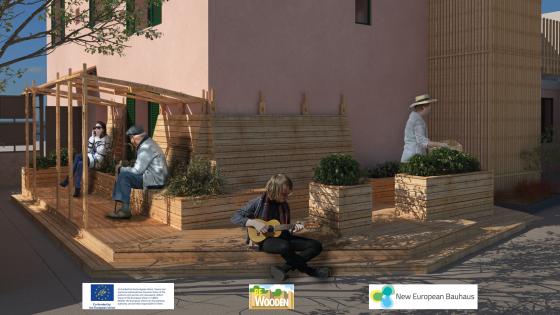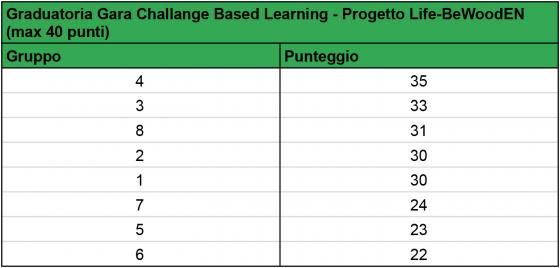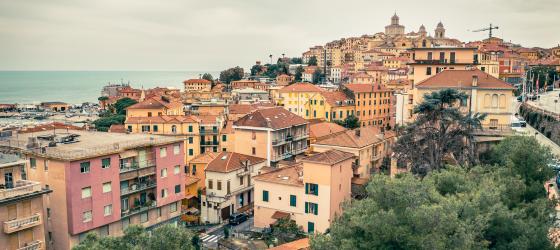In Liguria, the pilot project in Imperia's historic city centre aims to transform outdoor and indoor spaces in a social housing building owned by Associazione Territoriale Regionale per l'Edilizia (ARTE) Imperia.
The goal, supported by Liguria Region and ARTE, is to enhance usability for the elderly and mobility-restricted residents. Through a three-month Challenge Based Learning (CBL) approach, facilitated by New European Bauhaus (NEB) Compass experts, the project involves co-designing sustainable wooden structures to promote social interaction among residents.
The CBL process includes team-building activities, project drafts, comparisons with participatory and Innovation Laboratory results, and final presentations. The CBL Technical Commission, comprising ARTE Imperia, Liguria Region, University of Genoa, ART-ER, will evaluate projects based on NEB Compass principles.
The winning design team, supported by mentors, will implement the project using local materials and resources. Environmental impact assessments, following ART-ER's methodologies, will measure KPIs such as carbon sequestration, waste recovery, and material reusability. Part of the design project will be realised before the end of the project.
The winning team will showcase their design at the final workshop of Be-WoodEN project organised by Housing Europe in Brussels and throughout the official project communications.
Key Results:
- Refurbishment of social housing and new ways of living (design for all with special attention to fragile users).
- Participatory co-design of indoor and outdoor collective spaces using wood (shelters, installation, equipment).
- Challenge Based Learning and realization of the winner design project.
Winning Project

The project focuses on the regeneration of the indoor and outdoor common spaces of the social housing building in Via Pirinoli, Imperia. It envisions the creation of a multifunctional, accessible, and reconfigurable socio-cultural space, open to residents and the wider neighborhood community.
At the heart of the intervention are a modular furnishing system and a site-specific wooden structure, both designed to foster intergenerational encounters, inclusion of vulnerable groups, and active community participation.
Inspired by the model of Neighborhood Houses, the project provides spaces for events, workshops, cultural activities, and informal social gatherings.
A self-construction workshop will be integrated into the initiative, involving residents and local inhabitants to strengthen a sense of belonging and co-design.
Developed according to the principles of the New European Bauhaus, the project promotes the use of local materials, reuse, and circular economy, offering a replicable model of community-based urban regeneration.
Winning Team: Margherita Fumagalli Romario, Mariachiara Santoro, Michele Andrea Tagliavini, Simone Bianchi, Amirbahador Garousian
Challenge Based Learning Results:

Pilot Site in Imperia:
Innovation Lab in Genoa:
Meet the Teams: Watch the Project Presentations
Self Construction Workshop

